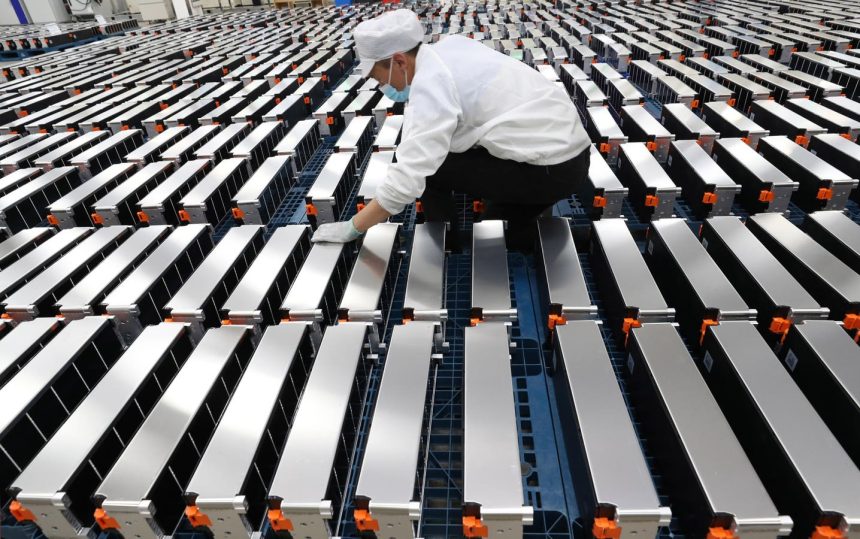The Treasury Department released final rules refining the U.S. strategy on electric vehicles, extending the clean vehicle tax credit of up to $7500, accessible directly at the point of sale, and loosening regulations requiring battery components be traced to their point of origin.
Certain battery materials deemed impracticable to trace can now be temporarily excluded from restrictions on sourcing from Foreign Entities of Concern (FEOC) until 2027—providing a buffer period for U.S. auto manufacturers to adjust their supply chains without immediate penalties. Put simply, those manufacturers that may be sourcing some low-value materials from places like China, Russia and North Korea will have until 2027 to find alternative technologies or alternative sources for materials.
Traced Qualifying Value Add Test
The new rules introduce a new test for determining qualifying critical mineral content, called the “traced qualifying value add test.”
The test entails an audit of supply chains and a determination of the “value-added percentage for extraction, processing, and recycling,” according to a U.S. Treasury Press Release.
The goal of the test is to enhance the transparency and integrity of the supply chain for critical components such as lithium, cobalt, and nickel. The policy is intended to ensure minerals used in EV batteries are not sourced from FEOCs long-term, and the extraction, processing and recycling of those minerals are handled in ways that align with U.S. economic and security interests.
The implementation of the Traced Qualifying Value Add Test will require rigorous documentation and verification—requiring manufacturers to meticulously trace their supply chains back to extraction points of origin.
Threading the Policy Needle
The new policies embody a strategy by the Biden administration to balance economic and security interests. The intention is to thread the needle between avoiding financing geopolitical adversaries through critical mineral purchases and allowing American EV manufacturers the time and flexibility required to shift supply chains and develop competitive technologies.
The U.S. must reduce its dependency on materials sourced from contentious foreign adversaries, but the nature of supply chain shifts is such that an immediate and rigid requirement without any flexibility may do more harm than good.
Read the full article here
















